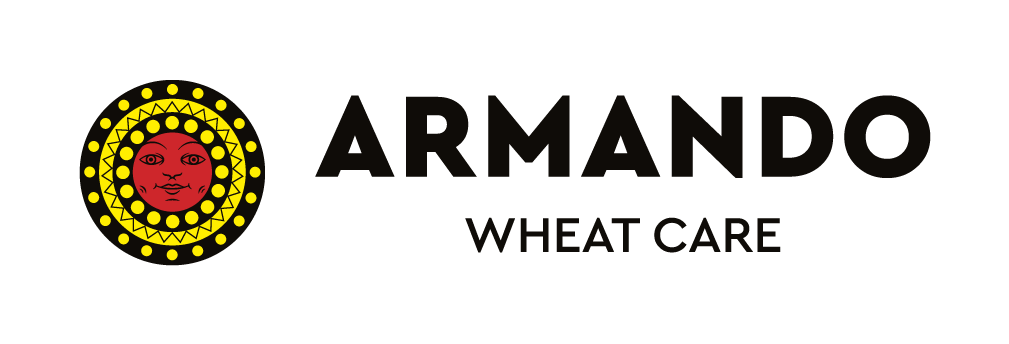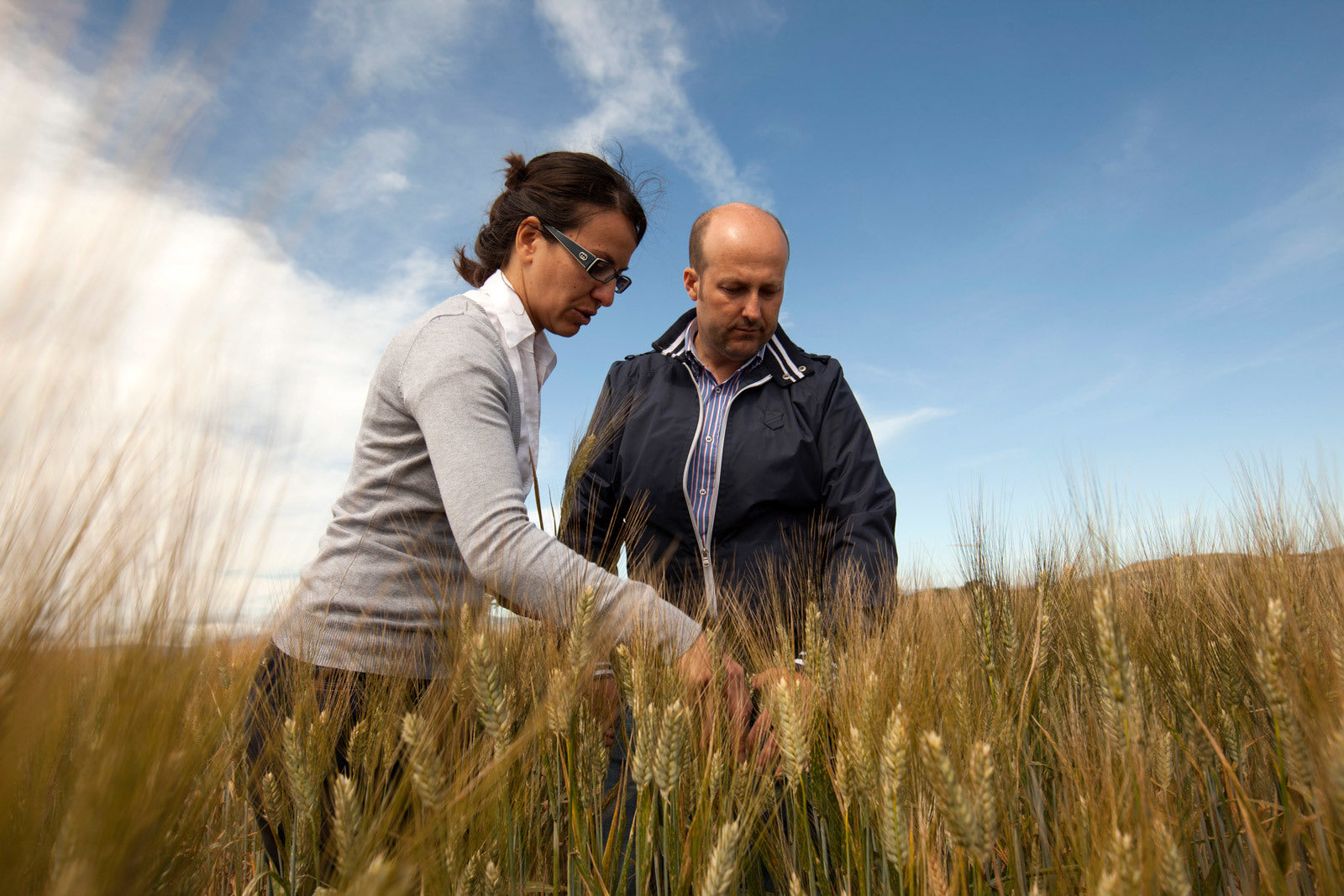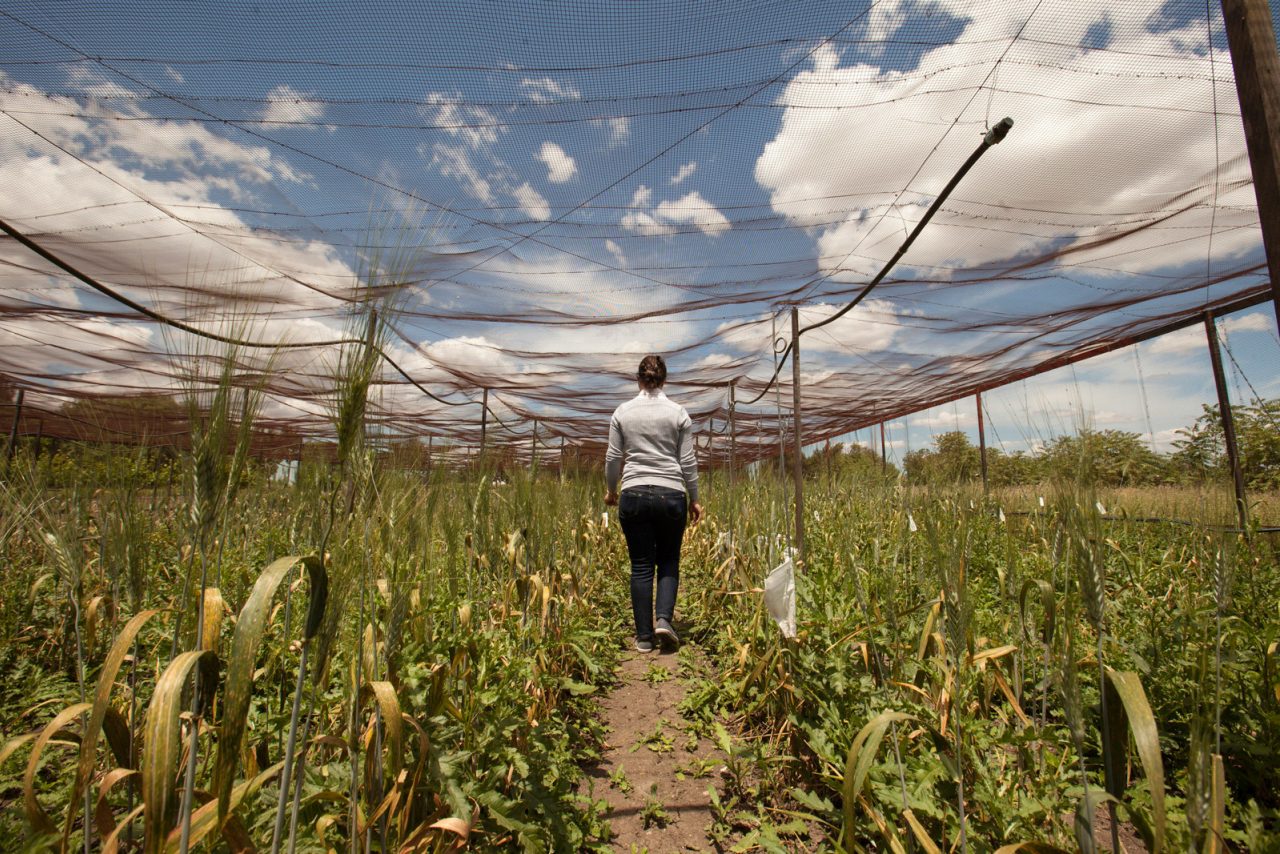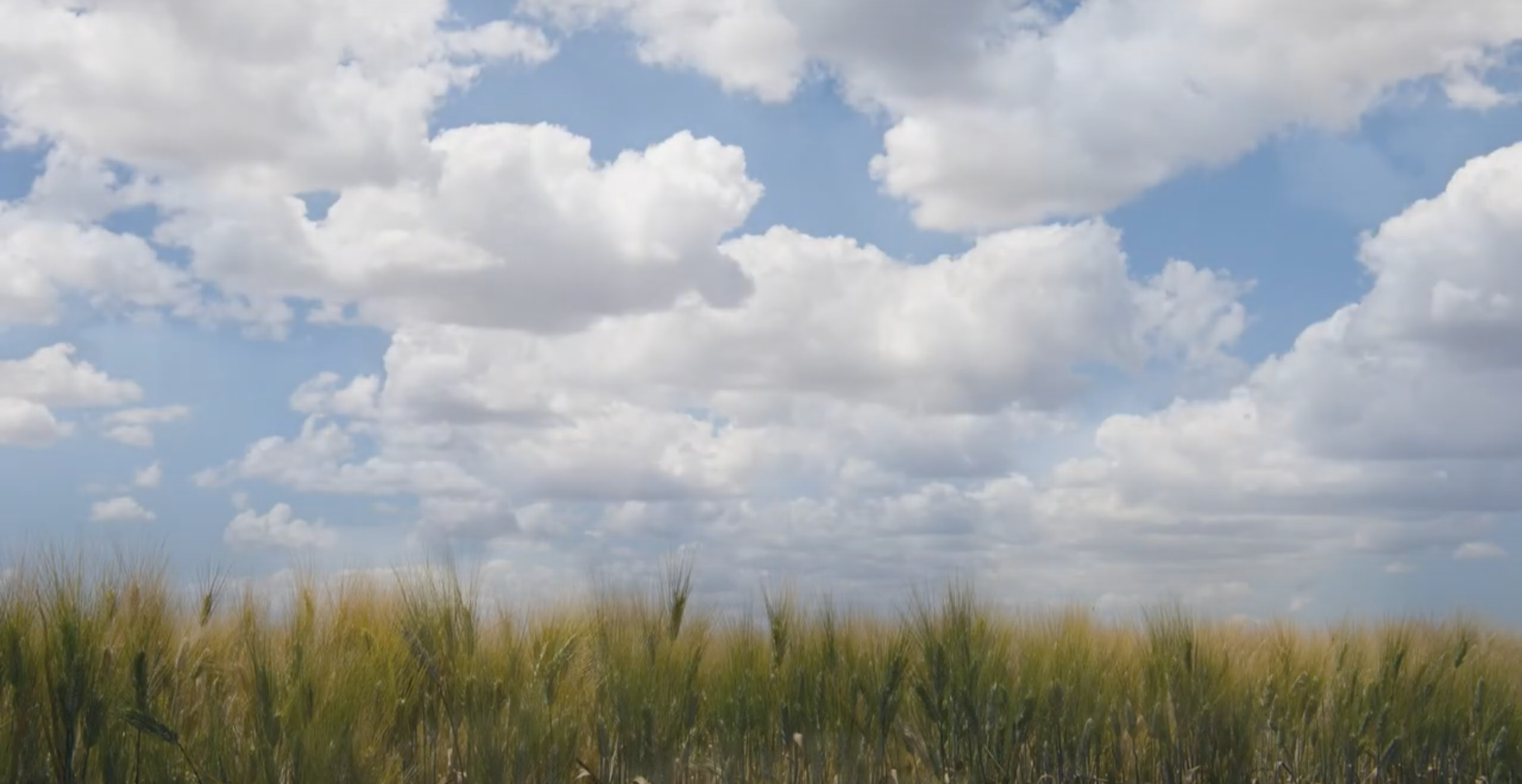The doctor of the fields
Michela Selicato is an agronomist but above all she is a woman in love with the colours of the place where she lives, on the plain of Apulia. It is a plain brushed by the wind, with an abundance of colours, a plain bathed by a sea of gold, an expanse of wheat fields. Michela is responsible for roughly 500 commercial farms in the province of Foggia, all of which have joined the Armando Deal and to understand how much she loves her job just look her in the eyes. It is her job to check the fields, to see if the crop has any diseases, her job is to guide the farmer to obtain the best result. The fields are her patients and she takes care of them as if they were children. Because wheat is a serious thing, to grow wheat one needs love first of all.

I am a agronomist, I go to the fields to check the vegetative stadium, to check if there is the presence of diseases and to give advice to the agricultor. In the province of Foggia alone I follow about 500 farms belonging to the Armando pact.
With all of them I have an excellent relationship, they make me feel indispensable. On average, I go to the fields two to three times a year, in the most delicate moments of cultivation, such as the web and the distribution of the fungicide. Then when there are particular problems, or if the farmer needs assistance, just a simple phone call and I'm on the spot.
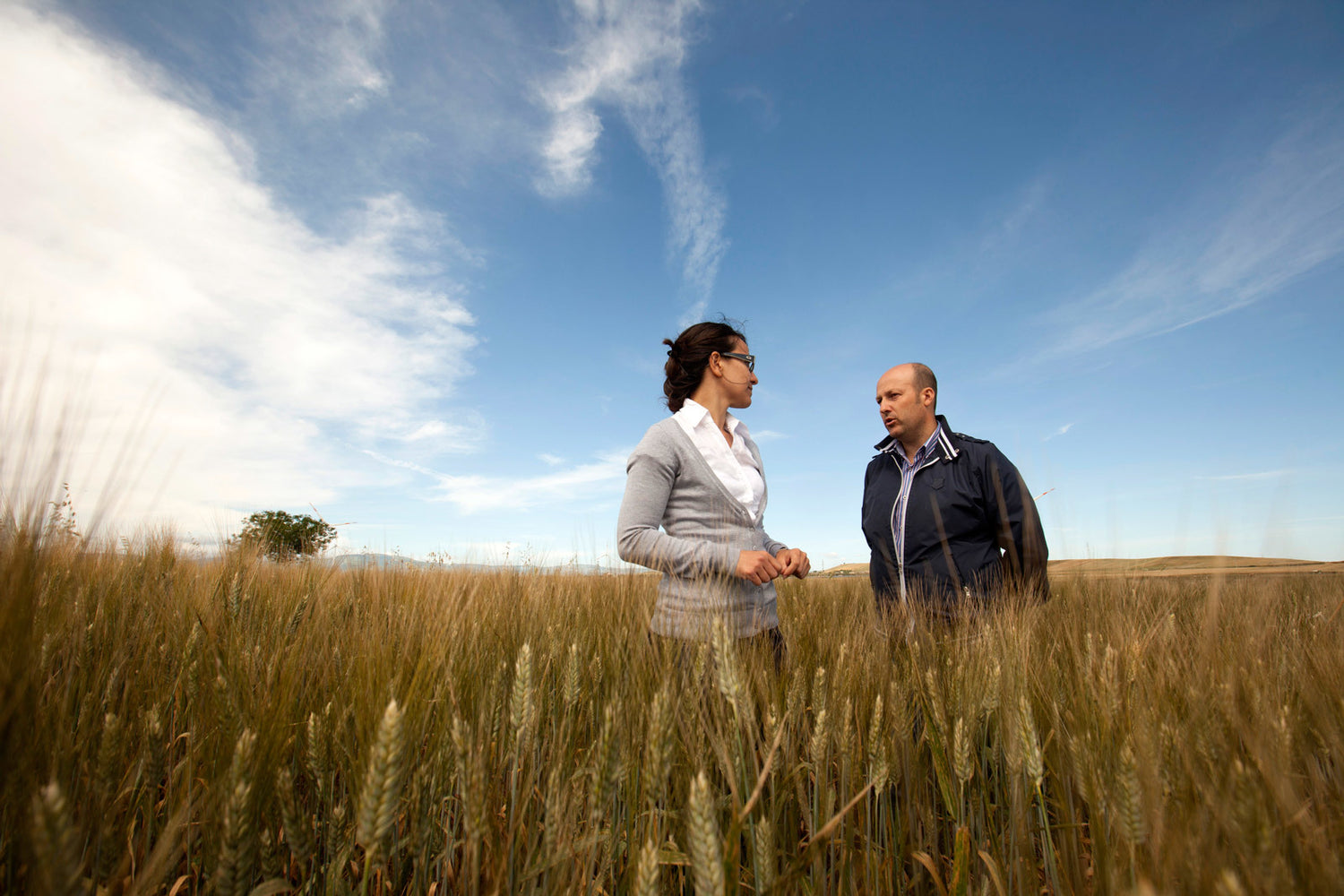
I love walking through the swaying of that sea of many colors, I love that green that is yellow until it resolved in gold, I love to be caressed by the wind. And then I am proud to be part of this revolutionary adventure. The difference between a standard wheat and a grain of the Armando disciplinary lies in the percentage of protein, which in normal wheat is about 12-12.5% while in the case of wheat Armando is 14-14.5%. This allows you to have a better pasta and a recognizable taste for its goodness. Add that it is 100% Italian wheat. The protocol, after all, does not change the cultivation practice much. The fact is that in the past years the farmers made little attention, sowed and collected without technical means.
The secret is all in the close collaboration between the producers and partners of the supply chain that allows the best yields and better results in qualitative terms; The secret, after all, is in the approach.
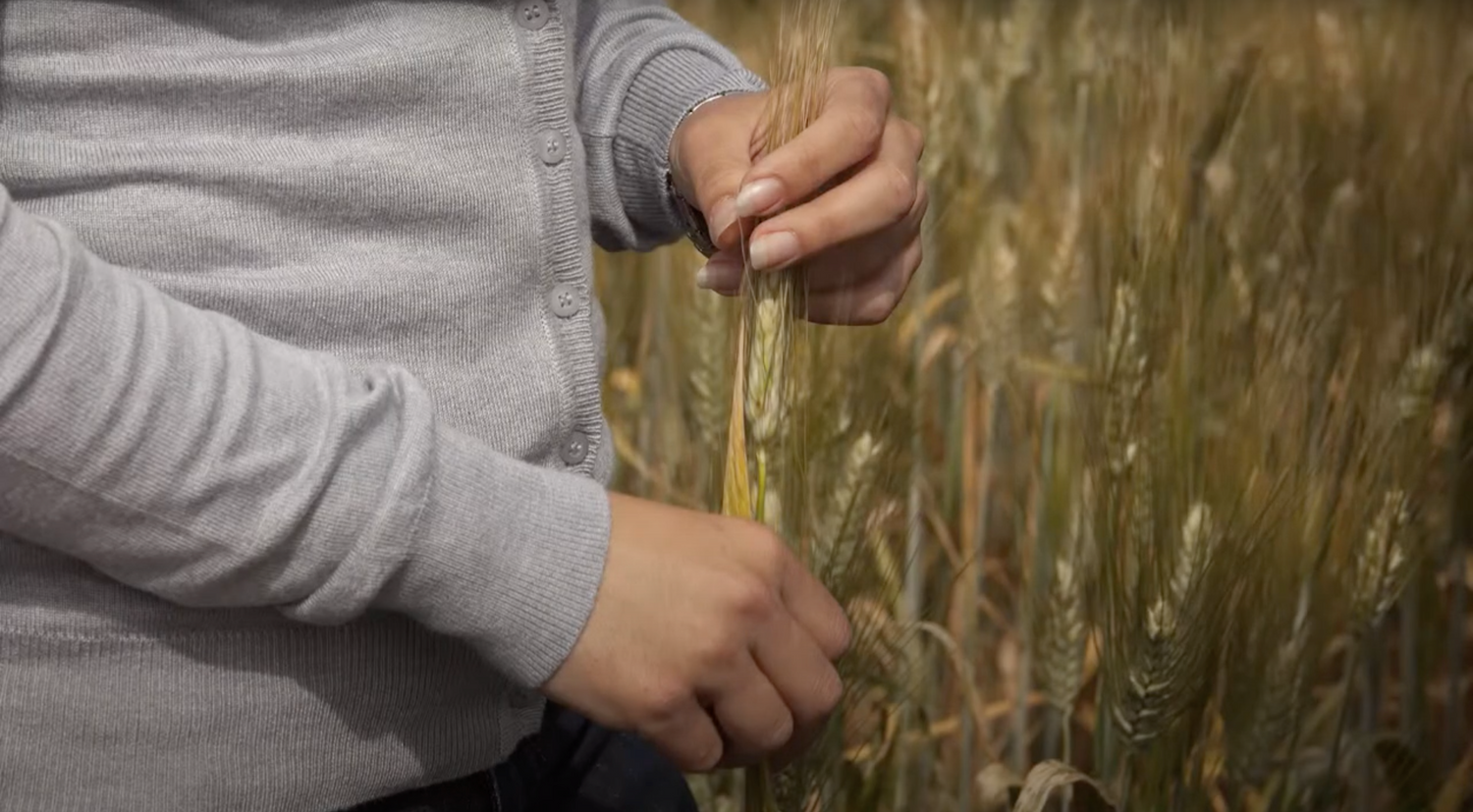
A bit like a mosaic, each box has its place, each box is the part of a whole, an indispensable part without which the mosaic simply is not:
The supply chain is made up of a number of actors: the researcher, who develops the best variety; the seed manufacturer, which produces the quantity necessary for the marketing of the same (things, editor's note); the stocker, who sells the seed to the agricultor; the farmer, who cultivates the wheat; the technical partner, which flanks the farmer for the duration of the wheat growth process (Syngenta, editor's note) through technical assistance; Again the stocker, which collects and preserves the wheat in silos; the pasta factory, which transforms the wheat into semolina in the mill and then works it until it becomes pasta; the distributor, who sorts the pasta in the stores; Finally, the consumer, who represents the ring that closes the circle.
My role, in this context, does not end at the time of the harvest, as one of my duties is to collect the data relating to the harvest and the qualitative yield.
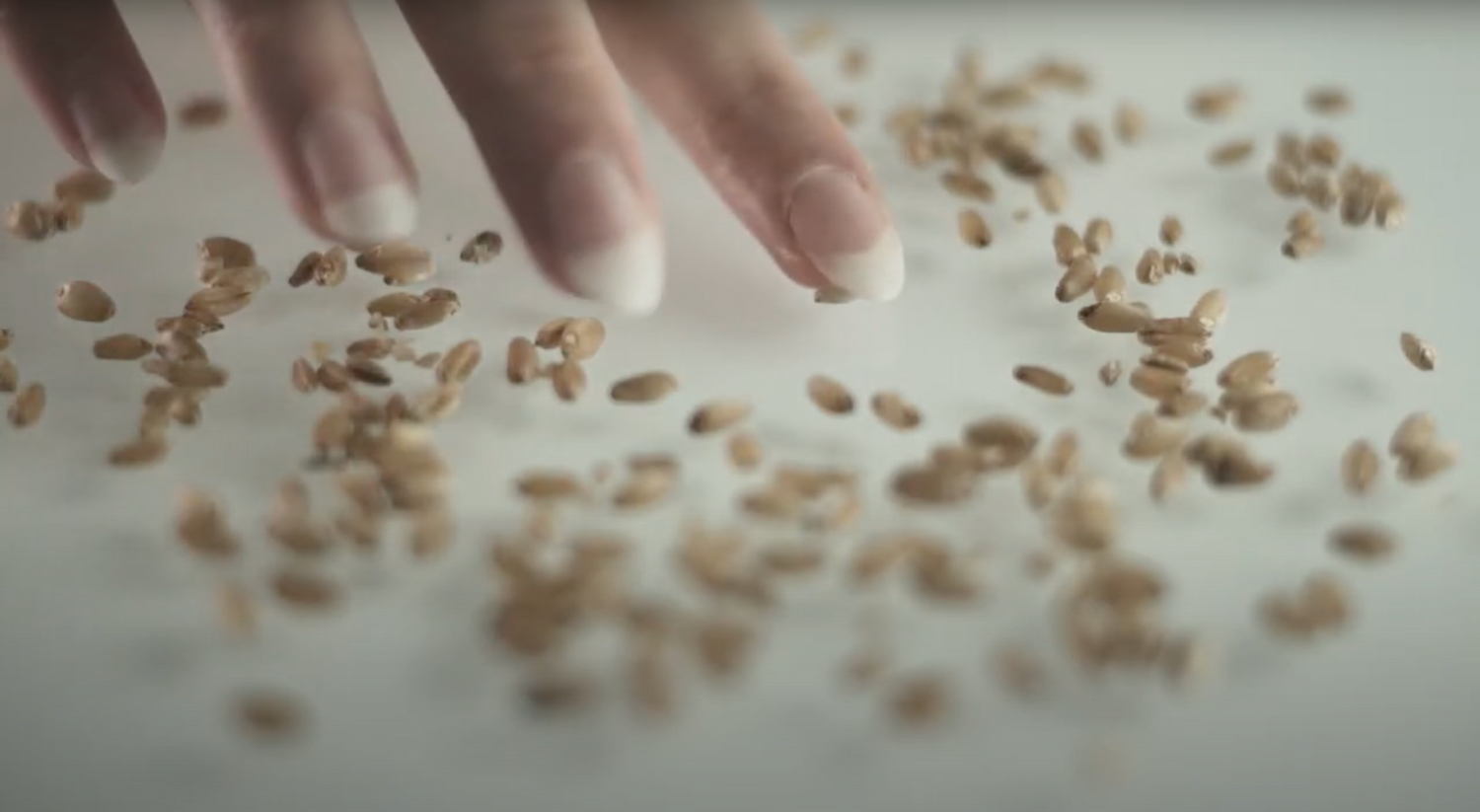
Wanting to synthesize, we can say that Grano Armando has turned the logic upside down, affirming the primacy of quality on the quantity and offering guarantees until a few years ago unthinkable for the farmer:
It is a model, it is the seed of a new course. The Grano Armando project takes charge of the changes that are affecting the agricultural world, a completely different world than a few years ago. This is the point, this is the difference
